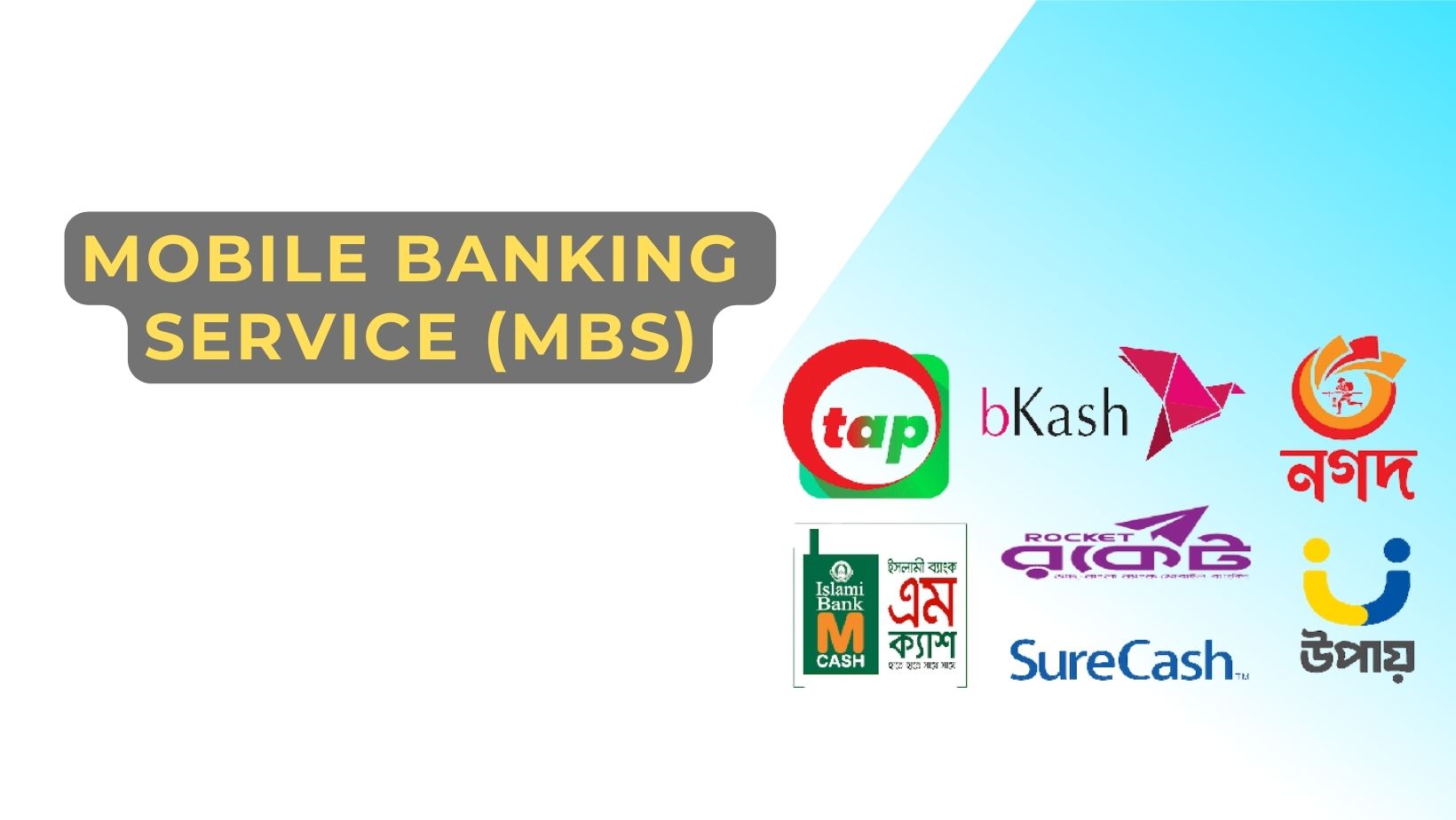Mobile Financial Service Providers in Bangladesh
Mobile Financial Service Providers in Bangladesh are electronic money services provided against a particular mobile/cell phone number of a client (termed as Mobile Account), where the record of funds is stored on the electronic general ledger. MFS providers offer a variety of financial services, such as mobile banking, money transfer, bill payments, and merchant payments.
MFS has played a major role in increasing financial inclusion in Bangladesh. As of August 2023, there were over 212 million registered MFS accounts in Bangladesh, which is more than the number of bank accounts. MFS providers have a wide network of agents across the country, making it easy for people in rural and remote areas to access financial services.
Here are some of the benefits of using MFS in Bangladesh:
- Convenience: MFS services can be accessed from anywhere, using a mobile phone. This is especially convenient for people in rural and remote areas who may not have access to a bank branch.
- Affordability: MFS services are typically very affordable, with low fees for transactions.
- Security: MFS providers use a variety of security measures to protect customer funds.
Some of the most popular MFS providers in Bangladesh include:
- bKash
- Nagad
- Rocket
- Upay
- SureCash
- mCash
- MyCash
- Tap
These MFS providers offer a wide range of services, including:
- Mobile banking: Customers can use their mobile phones to check their account balance, transfer money, and pay bills.
- Money transfer: Customers can use their mobile phones to send and receive money from other MFS users.
- Bill payments: Customers can use their mobile phones to pay utility bills, mobile phone bills, and other bills.
- Merchant payments: Customers can use their mobile phones to pay for goods and services at merchants that accept MFS payments.
How mobile financial service (MFS) helping rural economy in Bangladesh?
Mobile Financial Services (MFS) are helping the rural economy in Bangladesh in a number of ways, including:
- Increasing financial inclusion: MFS providers have a wide network of agents across the country, making it easy for people in rural and remote areas to access financial services. This has helped to increase financial inclusion in Bangladesh, as more people now have access to savings accounts, money transfer services, and other financial products.
- Promoting economic growth: MFS is helping to promote economic growth in rural Bangladesh by making it easier for people to start and operate businesses. For example, MFS can be used to make payments to suppliers and customers, and to receive payments for goods and services. MBS can help businesses grow and create jobs.
- Reducing poverty: MFS is helping to reduce poverty in rural Bangladesh by providing people with access to financial services that can help them to manage their finances and improve their livelihoods. For example, MFS can be used to save money for emergencies, to invest in education or healthcare, and to start or operate a business.
Here are some specific examples of how MFS is helping the rural economy in Bangladesh:
- Farmers are using MFS to receive payments for their crops, and to purchase seeds and other inputs.
- Small businesses are using MFS to make payments to suppliers and customers, and to receive payments for goods and services.
- Women are using MFS to save money, to send money to their families, and to start or operate businesses.
- People in rural areas are using MFS to pay for utility bills, mobile phone bills, and other bills.
- People in rural areas are using MFS to transfer money to their families and friends in other parts of the country.
Grow the rural economy through the network of mobile financial service (MFS)
To grow the rural economy through the network of mobile financial services (MFS), there are a number of things that can be done, including:
- Expand the network of MFS agents: MFS providers should expand their network of agents to reach more people in rural areas. This will make it easier for people in rural areas to access MFS services.
- Reduce the cost of MFS services: MFS providers should reduce the cost of their services to make them more affordable for people in rural areas. This will encourage more people to use MFS services.
- Educate people about MFS: MFS providers should educate people about the benefits of MFS and how to use it. This will help to increase the adoption of MFS in rural areas.
- Develop new MFS products and services that are tailored to the needs of people in rural areas: MFS providers should develop new MFS products and services that are tailored to the needs of people in rural areas. For example, MFS providers could develop products that help farmers to save money, to purchase inputs, and to sell their crops.
- Partner with the government and other stakeholders to promote the use of MFS in rural areas: MFS providers should partner with the government and other stakeholders to promote the use of MFS in rural areas. For example, the government could provide incentives to MFS providers to expand their network of agents in rural areas.
Here are some specific examples of how MFS can be used to grow the rural economy:
- MFS can be used to provide farmers with access to credit: Farmers can use MFS to borrow money to purchase seeds, fertilizer, and other inputs. This can help farmers to increase their productivity and income.
- MFS can be used to help farmers to sell their crops: Farmers can use MFS to receive payments for their crops from traders and buyers. This can help farmers to get better prices for their crops and to improve their livelihoods.
- MFS can be used to help small businesses to grow: Small businesses can use MFS to make payments to suppliers and customers, and to receive payments for goods and services. This can help small businesses to grow and create jobs.
- MFS can be used to provide rural households with access to financial services: Rural households can use MFS to save money, to send money to their families and friends, and to pay for bills. This can help rural households to manage their finances better and to improve their livelihoods.
Overall, MFS has the potential to play a major role in growing the rural economy in Bangladesh. By making it easier for people in rural areas to access financial services, MFS can help people to start and operate businesses, manage their finances, and improve their livelihoods.

